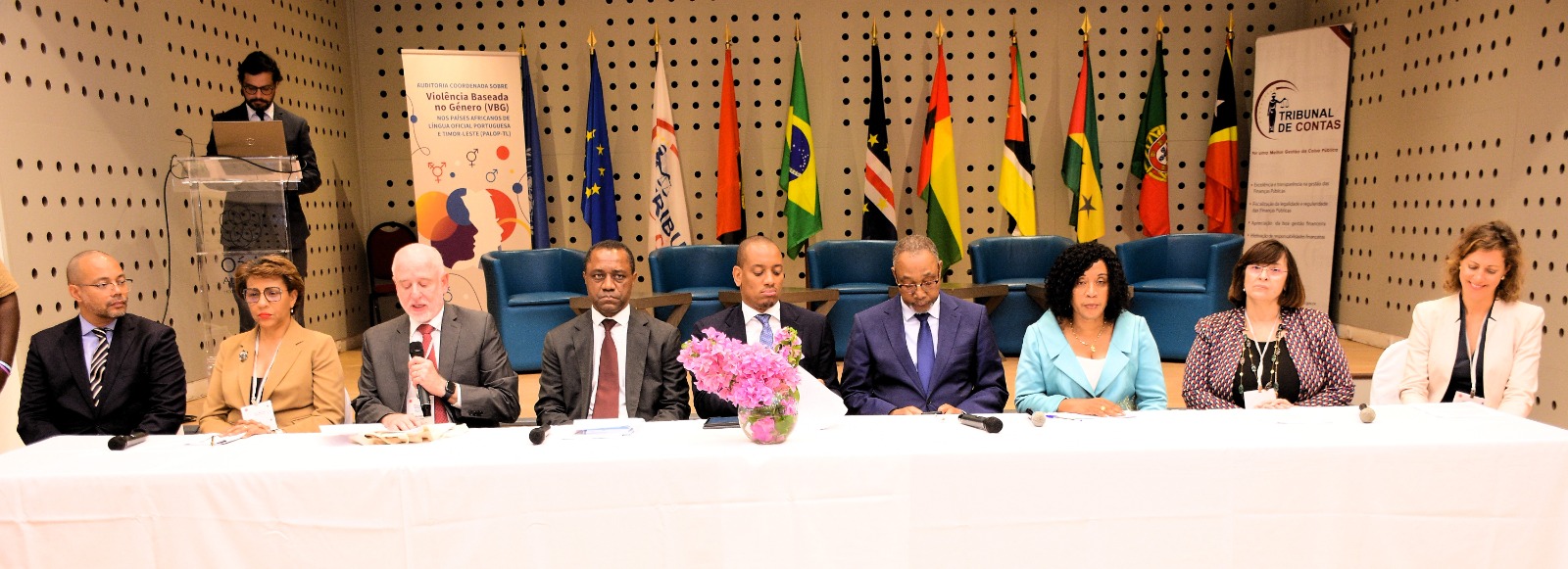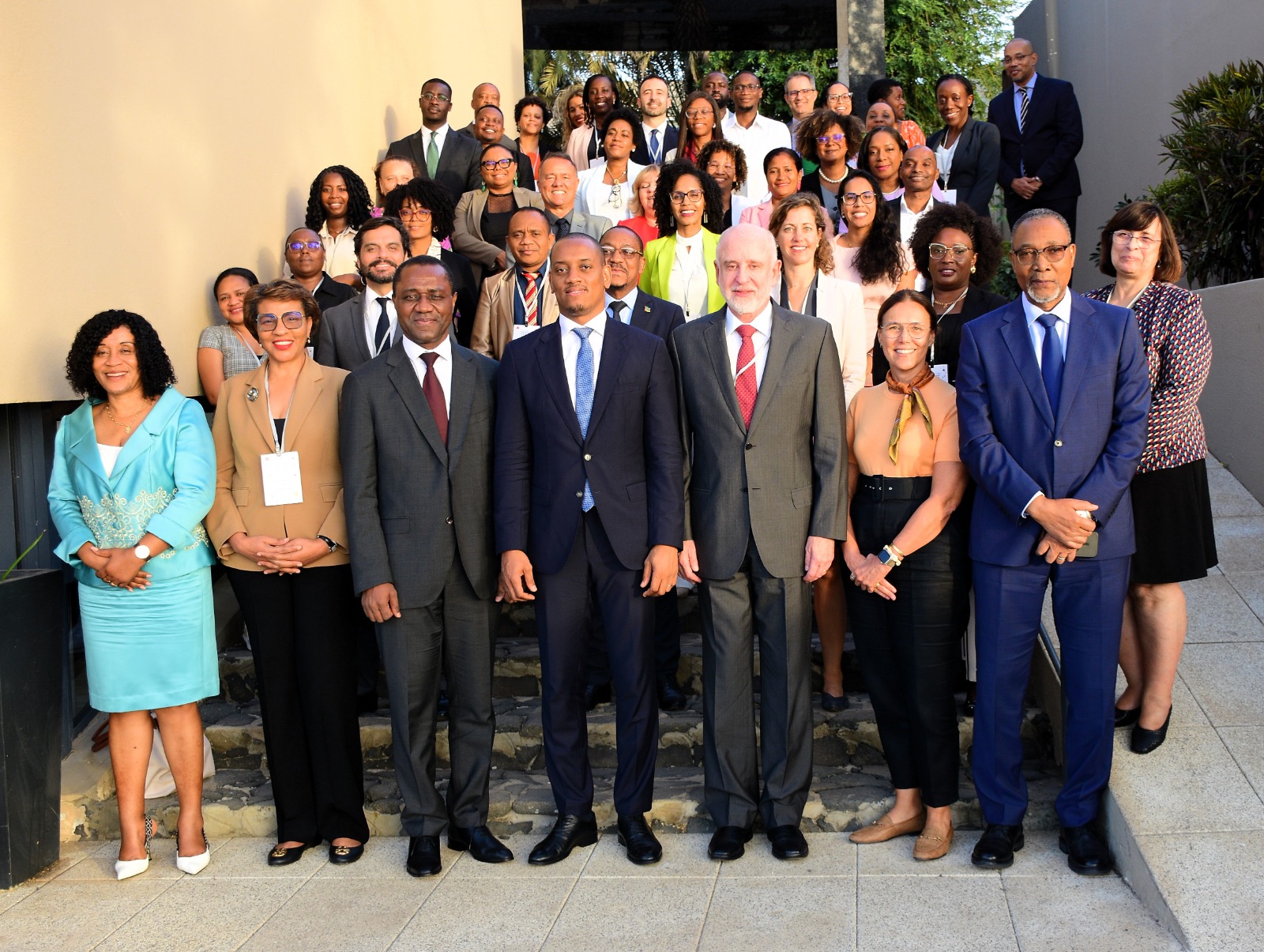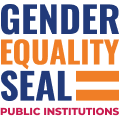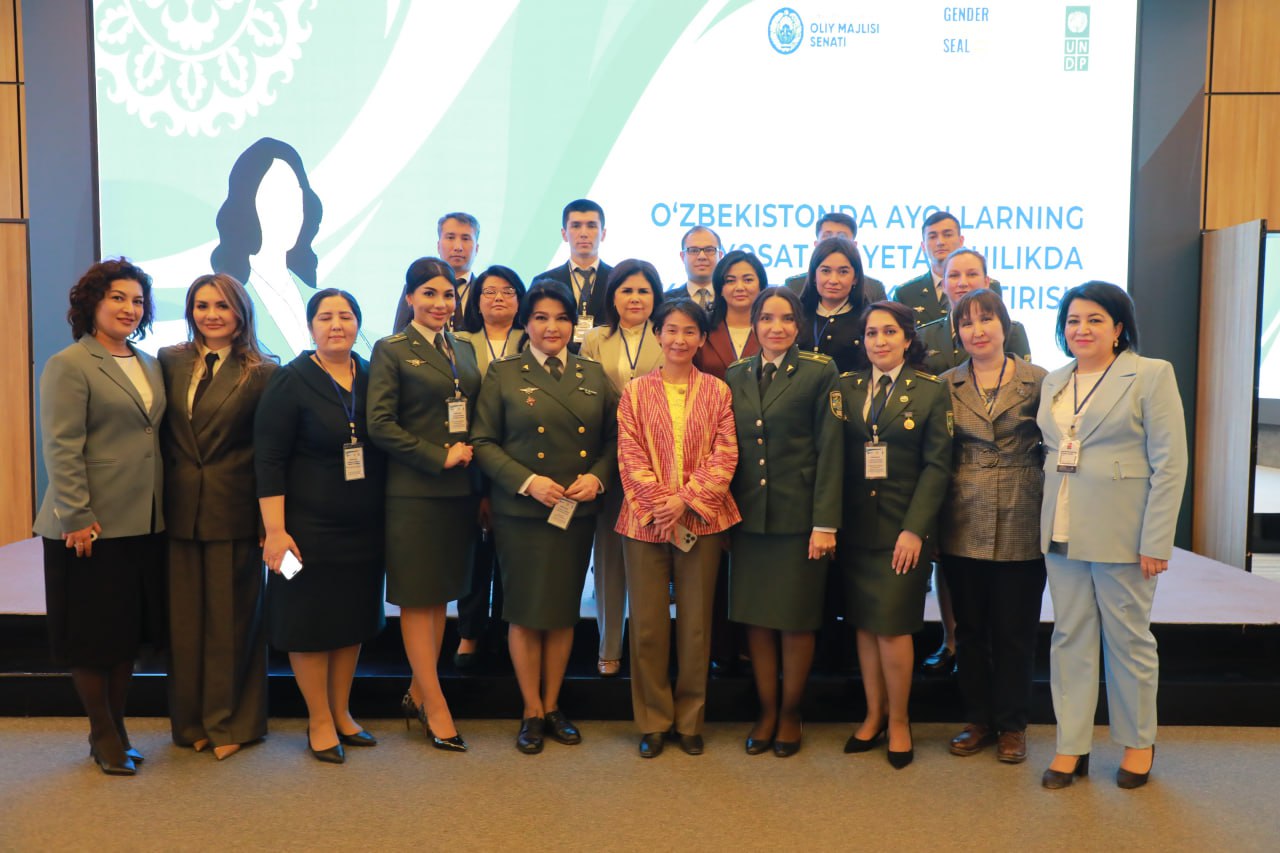In a powerful step towards advancing gender equality and protecting women’s rights, the Pro PALOP-TL Programme, phase III, has launched a joint initiative to evaluate and strengthen public policies addressing gender-based violence. The Coordinated Audit on Gender-Based Violence (ACVBG) represents a significant milestone in regional cooperation, using the tools of public auditing to drive systemic change.
Spearheaded by the Pro PALOP-TL Programme and co-led by GIZ, this groundbreaking initiative brings together shared expertise and resources to advance coordinated performance audits—with Pro PALOP-TL and GIZ jointly funding specialized consultancy, and the UNDP Gender Team driving the gender equality and GBV focus.
The ACVBG is a pioneering initiative aimed at assessing the effectiveness of government policies designed to prevent and respond to violence against women. Through this coordinated audit, participating countries – Angola, Cape Verde, Guinea-Bissau, Mozambique, São Tomé and Príncipe, and Timor Leste – are working together to evaluate whether current public programs are delivering real impact and protecting those most at risk.
Public audits are a powerful but often underused mechanism for promoting transparency, accountability, and the better allocation of resources. In the context of gender-based violence, auditing enables governments and institutions to understand where policies are falling short, identify best practices, and ensure that the voices of women are heard in the decision-making process. More than just an accountability tool, this audit has the power to drive real change—serving as both a catalyst for policy reform and a blueprint for designing smarter, more impactful strategies to end gender-based violence.
The ACVBG kicked off in December 2024 with a launch event in Praia, Cape Verde, gathering key stakeholders: government leaders, representatives of Supreme Audit Institutions (SAIs), civil society organizations, gender experts, and international partners. The event featured thematic panels on women’s rights, the impact of violence, gender-responsive budgeting, and the institutional reforms needed to strengthen equality within public oversight bodies themselves.

Following the launch, teams from all six countries participated in a week of intensive training that combined audit methodology with deep dives into gender issues. With guidance from the UNDP Gender Team, the training provided technical tools to evaluate public policies while also building an understanding of gender dynamics, intersectionality, and legal frameworks around violence against women. The blend of theory, case study discussions, and practical exercises ensured teams were well-equipped to carry out high-quality gender audits.
Inspired by the successful Latin American OLACEFS model, the ACVBG follows a common methodology that enables comparative analysis across countries, encourages peer learning, and results in more robust recommendations. This coordinated approach not only strengthens regional audit capacity but also contributes directly to the global agenda – most notably Sustainable Development Goal 5, which focuses on achieving gender equality and empowering all women and girls.
Importantly, the audit initiative doesn’t end at data collection. The expected outcome includes detailed national reports that highlight weaknesses and good practices in public responses to gender-based violence. These reports will serve as critical advocacy tools for civil society, media, and policymakers – pushing for reforms and improved services that better protect women and girls.

The ACVBG exemplifies how collaboration, innovation, and a shared commitment to justice can lead to transformative change. With the support of the Pro PALOP-TL Programme (Phase III) and the strategic input of the UNDP Gender Team, this initiative is helping to shape stronger institutions and more inclusive public policies.










